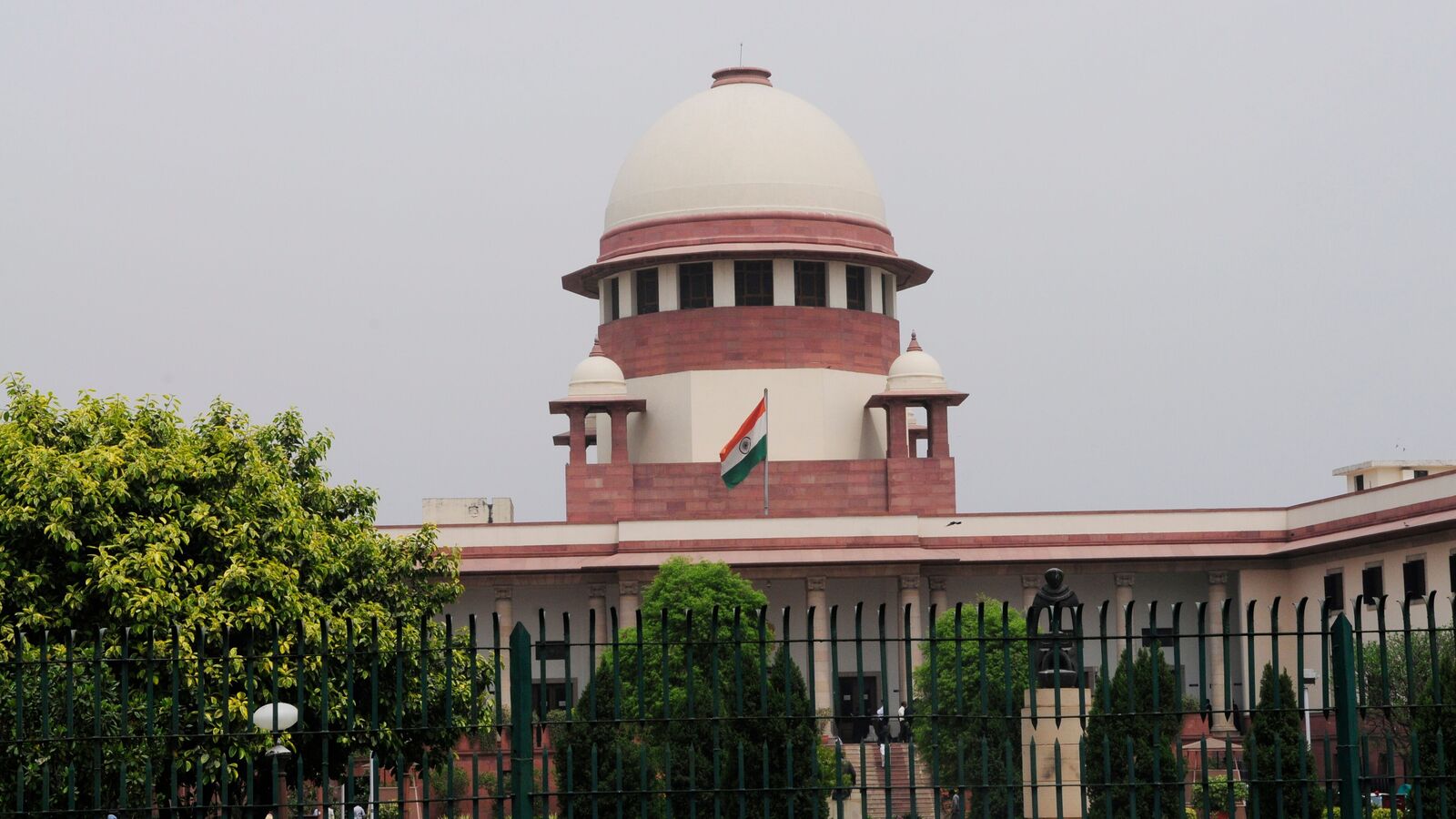Congress MP Mohammad Jawed and AIMIM President Asaduddin Owaisi have filed petitions claiming the Bill undermines religious autonomy and imposes arbitrary restrictions on waqf properties. Aam Aadmi Party (AAP) MLA Amanatullah Khan and the DMK have also approached the Supreme Court, challenging the Waqf (Amendment) Bill 2025.
Over 10 petitions, including those by politicians, the All India Muslim Personal Law Board, and Jamiat Ulama-i-Hind, have been filed in the top court challenging the validity of the new law.
Lawyers privy to the development said the petitions were likely to be listed for hearing before a bench on April 15 though it is not reflected on the apex court website as of now.
On April 7, a bench headed by Chief Justice Sanjiv Khanna assured senior advocate Kapil Sibal, appearing for Jamiat Ulama-i-Hind, to consider listing the petitions.
The Bill was passed by Parliament, with the ruling NDA strongly defending the legislation as beneficial for minorities, while the opposition described it as “anti-Muslim”.
President Droupadi Murmu, on April 6, gave her assent to the Waqf (Amendment) Bill, 2025, thereby making it a law.
Key Reforms Introduced by Waqf Bill
The Act aims to reform waqf property management by ensuring representation from diverse Muslim sects, protecting heritage sites, and supporting marginalised groups such as Muslim widows and divorcees.
PM Modi Hails the Act as a “Watershed Moment”
Prime Minister Narendra Modi praised the legislation, emphasising its role in addressing transparency and accountability issues within the waqf system. He described it as a step towards safeguarding rights and improving governance.
Waqf Act 2025, Waqf Act, Supreme Court, Centre, caveat, constitutional validity, constitutional validity of waqf act
#Waqf #Act #Centre #files #caveat #pleas #challenging #constitutional #validity #hearing #April

